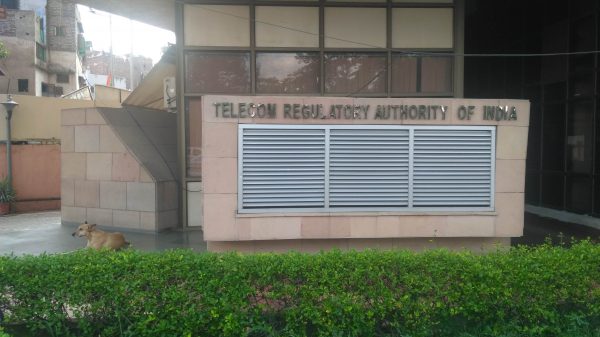While it is clear that messaging apps like WhatsApp, Signal, and Telegram fall under the purview of Information Technology (IT) Rules, 2021, Apple’s encrypted messaging service iMessage has fallen into a grey area.
The Hindustan Times quoted an unnamed official saying that iMessage does not have to comply with the rules, but another official from the IT Ministry told MediaNama that the rules do not discriminate between messaging platforms and applies equally to all.
MediaNama has reached out to Apple for comment and is awaiting a response.
What do the Rules require messaging apps to do?
Among other things, the new IT Rules, which were notified on February 25 and went into effect on May 25, require messaging apps with over 5 million registered users in India to:
Appoint key managerial roles: Social media intermediaries must appoint a chief compliance officer, nodal contact person, and resident grievance officer, all of whom are Indian residents and employees of the platform. While WhatsApp and Telegram both complied with this requirement a few days after it went into effect, Signal and Apple are yet to do so.
Enable traceability: Messaging apps must also enable the identification of the first originator of a message. No major messaging platform has complied with this provision yet. WhatsApp has sued the Indian government over this, arguing that the traceability mandate will require the platform to break end-to-end encryption for all its users, which will violate the users’ right to privacy and freedom of speech and expression, and is beyond the scope of the parent Act.
iMessage’s opaque user numbers
The provisions of the IT Rules, mentioned above, only apply to platforms that have more than 5 million registered users in India. While WhatsApp is well above this mark, there are no accurate numbers on Apple’s iMessage user base in India.
The iMessage service is available to all users that have an iPhone or Mac. As of April 2021, the market share of iPhone in India is approximately 3 percent. Given that there are over 760 million smartphone users in India, a rough estimate would put the number of iPhone users at 22 million users. This would suggest that iMessage crosses the threshold set for significant social intermediaries, but it is important to note that iMessage is an optional service that iPhone users can choose to turn on.
If we assume that over a fourth of the iPhone users in India (5.5 million) have their iMessages turned on, which is a reasonable assumption to make, then iMessage does fall under the purview of the rules and will have to enable traceability and appoint employees to the three managerial roles.
Is Apple or iMessage the intermediary?
The rules state that “a significant social media intermediary providing services primarily in the nature of messaging shall enable the identification of the first originator.” If Apple is considered the intermediary here, then it does not qualify because its primary role is not providing messaging services. Apple is primarily a smartphone manufacturer and iMessage is one small part of its offerings.
The unnamed official who spoke to Hindustan Times said that “services like iMessage do not fall under the traceability clause since the significant social media intermediaries in the nature of messaging services have to comply.”
However, if we go by the definition of an intermediary according to the IT Act, 2000, iMessage by itself will be considered an intermediary. This is a more reasonable assumption to make because if not, WhatsApp, which is owned by Facebook, can claim that Facebook is the intermediary and its primary service is not messaging.
Yes or no?
Although it is not as clear cut as is the case with WhatsApp, Apple’s iMessage does appear to fall under the purview of the IT Rules for two reasons: 1) iMessage probably has over 5 million registered users in India and 2) it is an intermediary providing services primarily in the nature of messaging.
On a separate note, Apple has complied with some of the provisions of the IT Rules that apply to its streaming platform Apple TV+. According to the rules, streaming platforms need to be part of a self-regulatory body. By joining the Digital Publisher Content Grievances Council (DPCGC) earlier this month, Apple complies with this provision.
Impact of Non-Compliance
As per Rule 7 of the Information Technology Rules 2021, non-compliance would mean that platforms would lose their safe harbour protections and intermediary status for the duration of the existence of the rules. This means that they would be liable for content and messages from users just like publishers are liable.
Rule 7: Non-observance of Rules.—Where an intermediary fails to observe these rules, the provisions of sub-section (1) of section 79 of the Act shall not be applicable to such intermediary and the intermediary shall be liable for punishment under any law for the time being in force including the provisions of the Act and the Indian Penal Code.
Also Read













